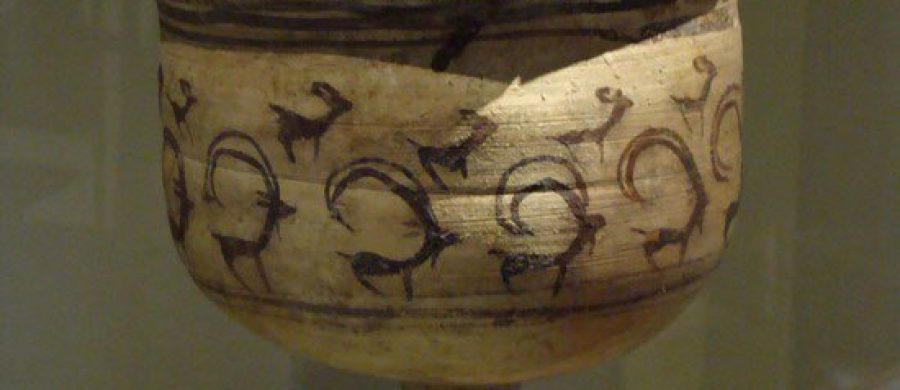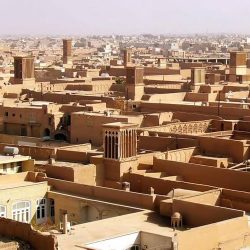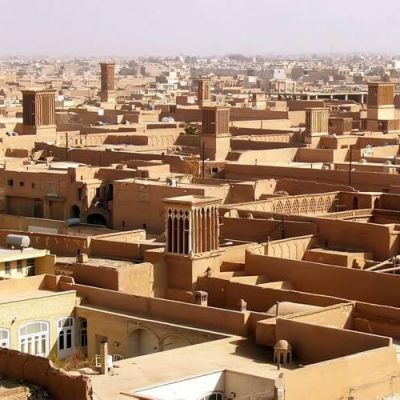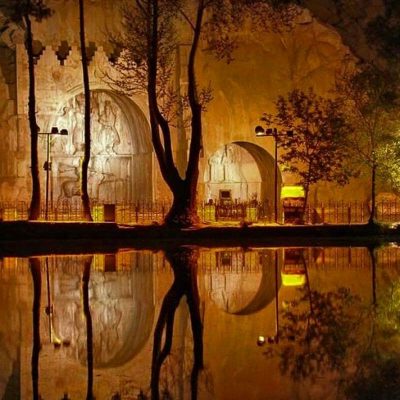This archaeological region is remained from Iranian Mafraq Age and is located between Zabol and Zahedan in Sistan-Baluchistan province.
The city has been formed on the banks of the Helmand River and this flooded river has had an important role in the life of its people. Archaeologists believe that the Shahr-e Sukhteh was formed about 3200 BC and is haunted in 1800 BC due to unknown reasons.
In Shahr-e Sukhteh, there are no remnants of defensive walls and fort and what can be seen are a royal palace and a few residential buildings. An important point about the houses in this region is the absence of barns and storages. This shows that the central government of that time was responsible for collecting food and dividing it among the residents of the city. This is largely due to complicated social and political structure of Iran’s Mafraq Age. This issue have never been before, in Neolithic (New Stone Age).
The city’s houses are units of 90 to 150 meters with a square plan and a central courtyard (the central courtyard has been the main pillar of Iranian houses throughout different ages).
Archaeological discoveries in Shahr-e Sukhteh still continue after decades and still surprise the world. These discoveries are as follows:
- Evidence of human skull surgery as the oldest sample in the world and the discovery of the first medical prosthesis or prosthetic eye in the eye socket of a thirty-year-old woman. Materials used in this prosthetic eye are not known yet. However, there can be observed some gold wire used as tiny capillaries.
- The oldest animation of the world which can be seen in the body of a ceramic cup. The patterns made on this cup include several boxes in which a goat is gradually approaching a tree.
- One of the oldest intellectual games in the world
- The oldest sample of mosaic tile-work in the world
- A full set of Iranian fabrics with different designs and patterns
Due to remains of a massive fire in this city, it is called Shahr-e Sukhteh (i.e. burnt city). This fire certainly was not the cause of destruction in such a city with this complex social, political, and cultural structure and the main reason for its destruction is still in doubt after years of study.
Read about Iran visa application in this link : https://iranatour.com/iran-visa/









Post Discussion